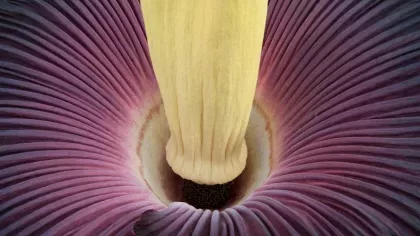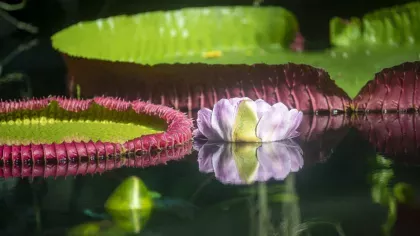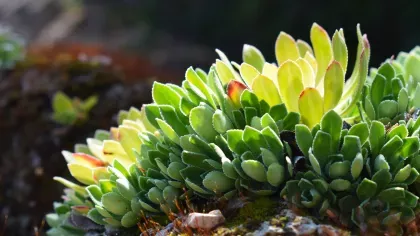27 July 2023
Which plant family matches your personality?
Are you an on-trend orchid or a spicy nightshade? Read on to find out.

There are more than 600 plant families, each of them unique. We've chosen some of our favourites so you can find your personality match.
Are you temperamental, generous, tough or eccentric?
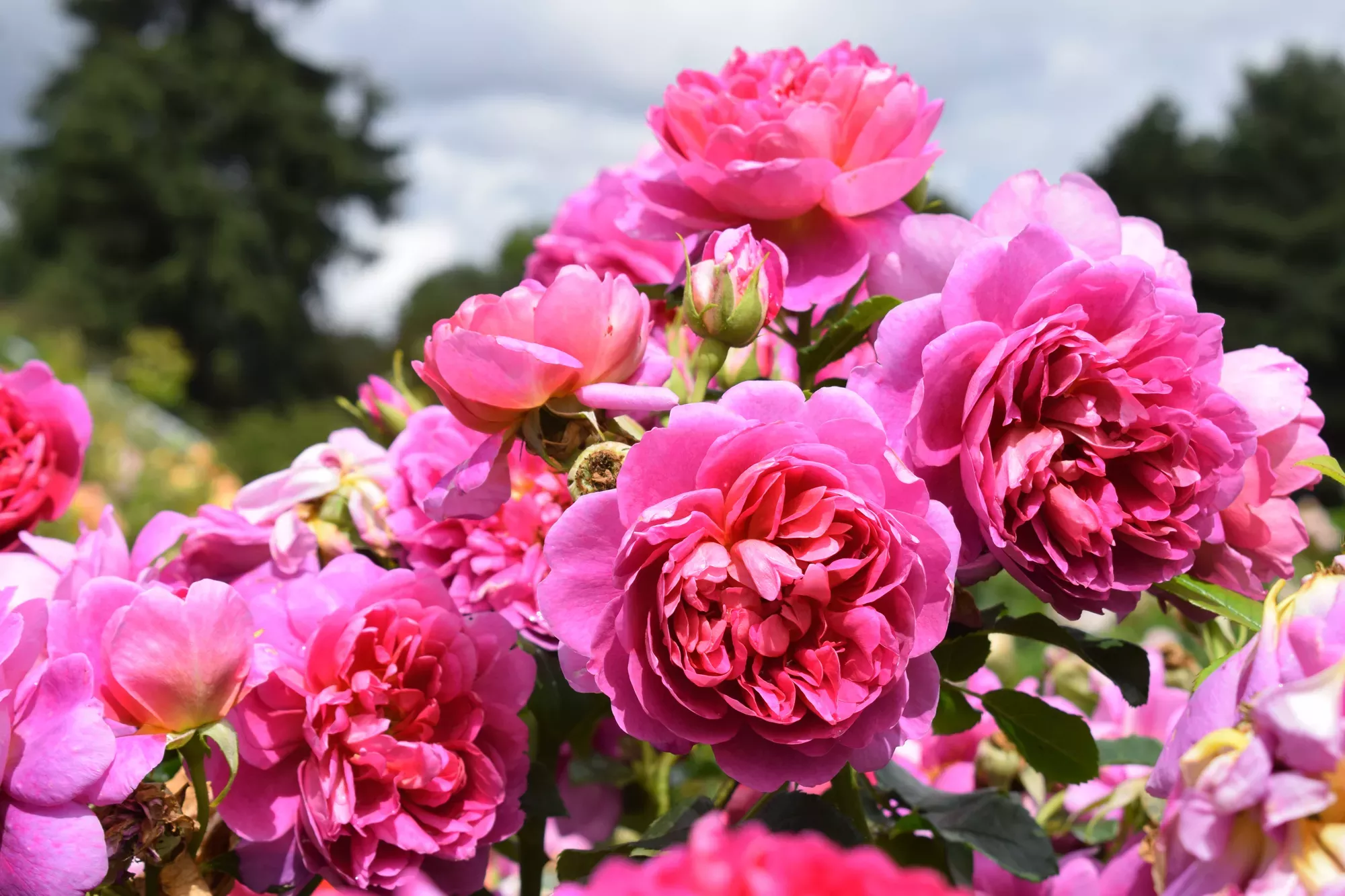

Roses (Rosaceae)
As well as fabulous flowers, the rose family is home to apples, strawberries, cherries, peaches and a long list of other tasty fruits.
You’re a cottage-core icon with a keen eye for beauty and a love for nurturing your friends and family.
Your pies are second to none, your garden is stunning, and you’re always ready with plasters, safety pins and snacks from your vintage floral bag.
Head to the Rose Garden at Kew or Wakehurst’s Walled Garden to see our summer roses and spring cherry blossoms.
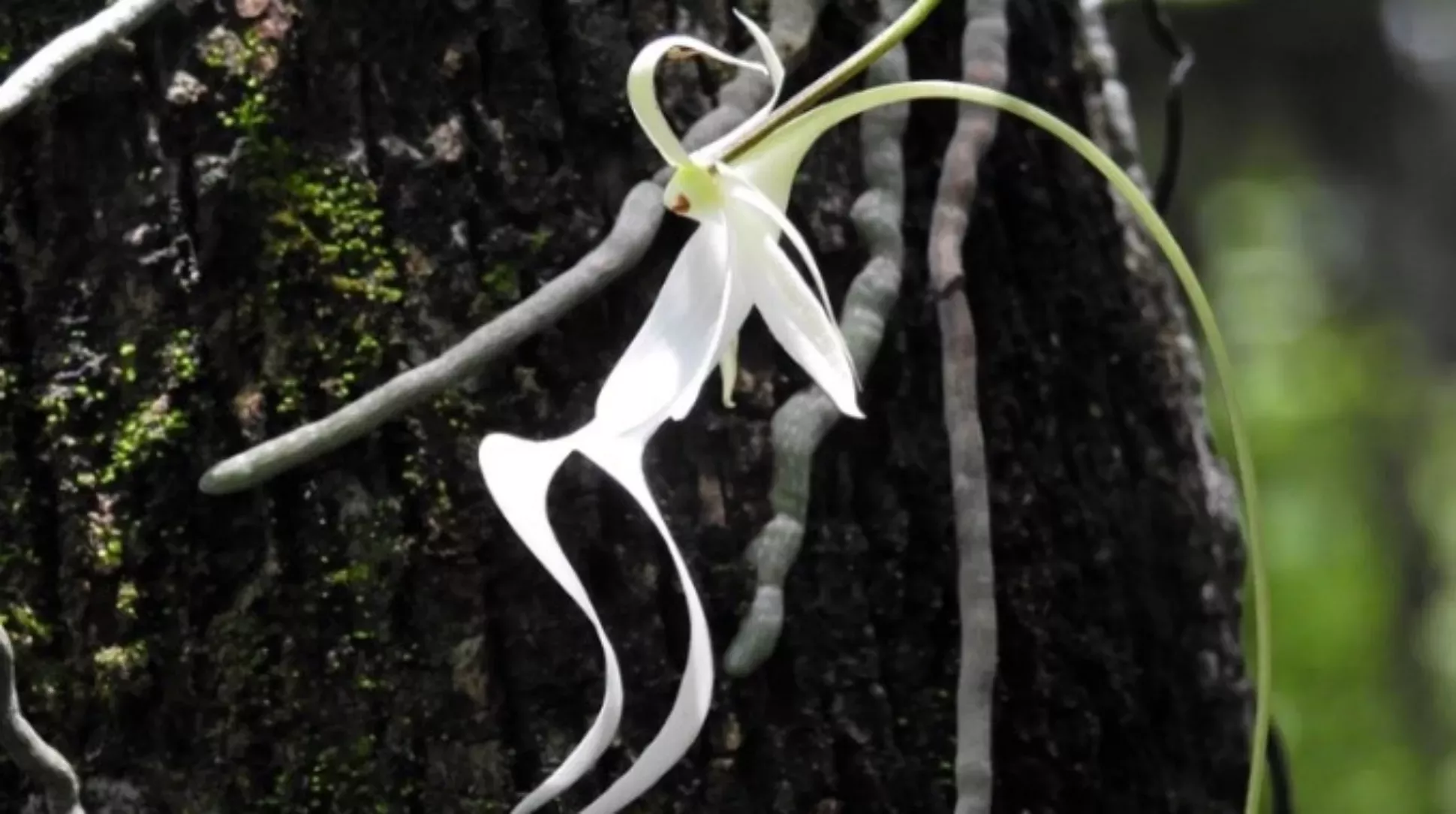

Orchids (Orchidaceae)
Orchid personalities are trend hounds who love reinventing themselves.
There’s an orchid for almost every niche, from the leafless ghost orchids of the Florida swamps to orchids that imitate a female bee.
Your Instagram makes all your friends jealous, but no one minds because you make sure they all look great in your photos.
You might come across as high maintenance, but like many orchids you’re actually pretty chill: you just don’t like to be smothered.
Meet Kew’s orchid collection in the Princess of Wales Conservatory.
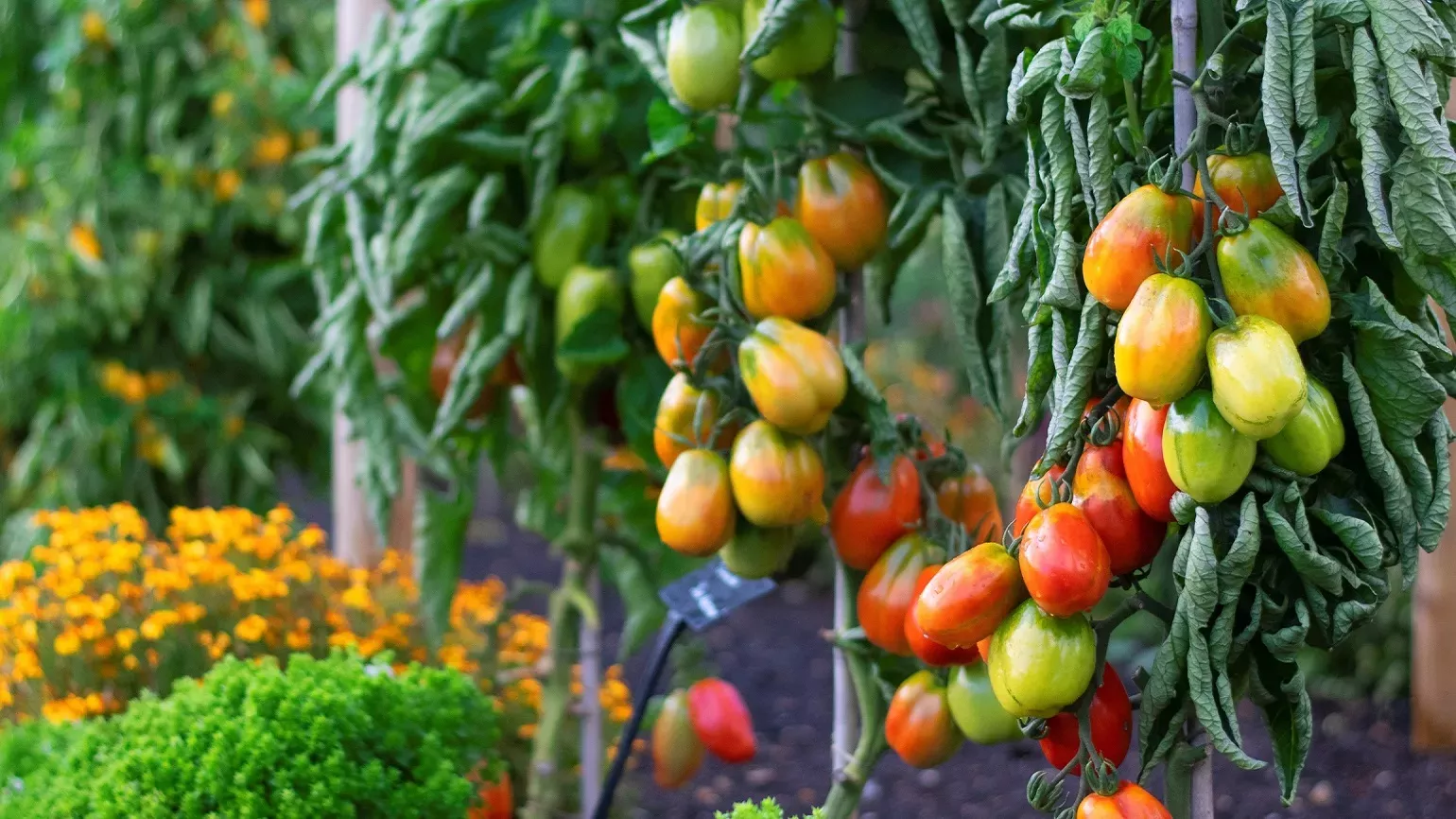

Nightshades (Solanaceae)
The party don’t start ‘til you walk in.
Life would be pretty dull without nightshades, which include tomatoes, potatoes and peppers. But they can also cause allergies – and some of them are spicy, like the chilli, or toxic, like deadly nightshade.
You’ve got the funniest jokes, the best stories and the sharpest zingers. Sure, you’re a bit chaotic, but it’s worth it to be in your orbit. Everyone’s forgotten how they ever lived without you.
Visit Kew’s Kitchen Garden and Wakehurst’s Children’s Walled Garden in spring and summer to see how tomatoes, peppers and potatoes grow.

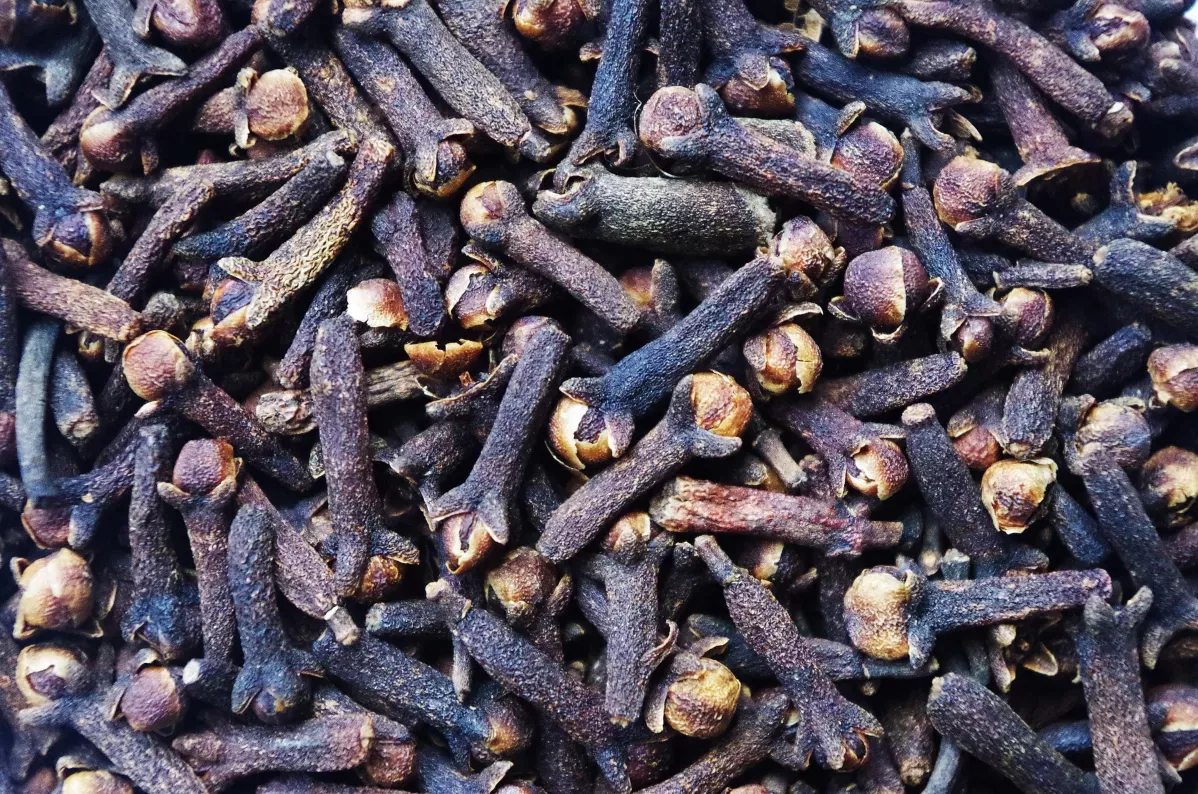
Myrtles (Myrtaceae)
This family includes allspice, cloves and eucalyptus – whose leaves are highly flammable and will poison anything that isn’t a koala.
You might have a spicy temper, but you’re unfailingly loyal to those who stick with you.
You thrive under pressure: to you, a crisis is an opportunity to grow, like a eucalyptus sprouting after a bush fire.
Also, you’re probably Australian.
Find our eucalypts in and around the Children’s Garden at Kew and in Wakehurst’s Coates Wood.
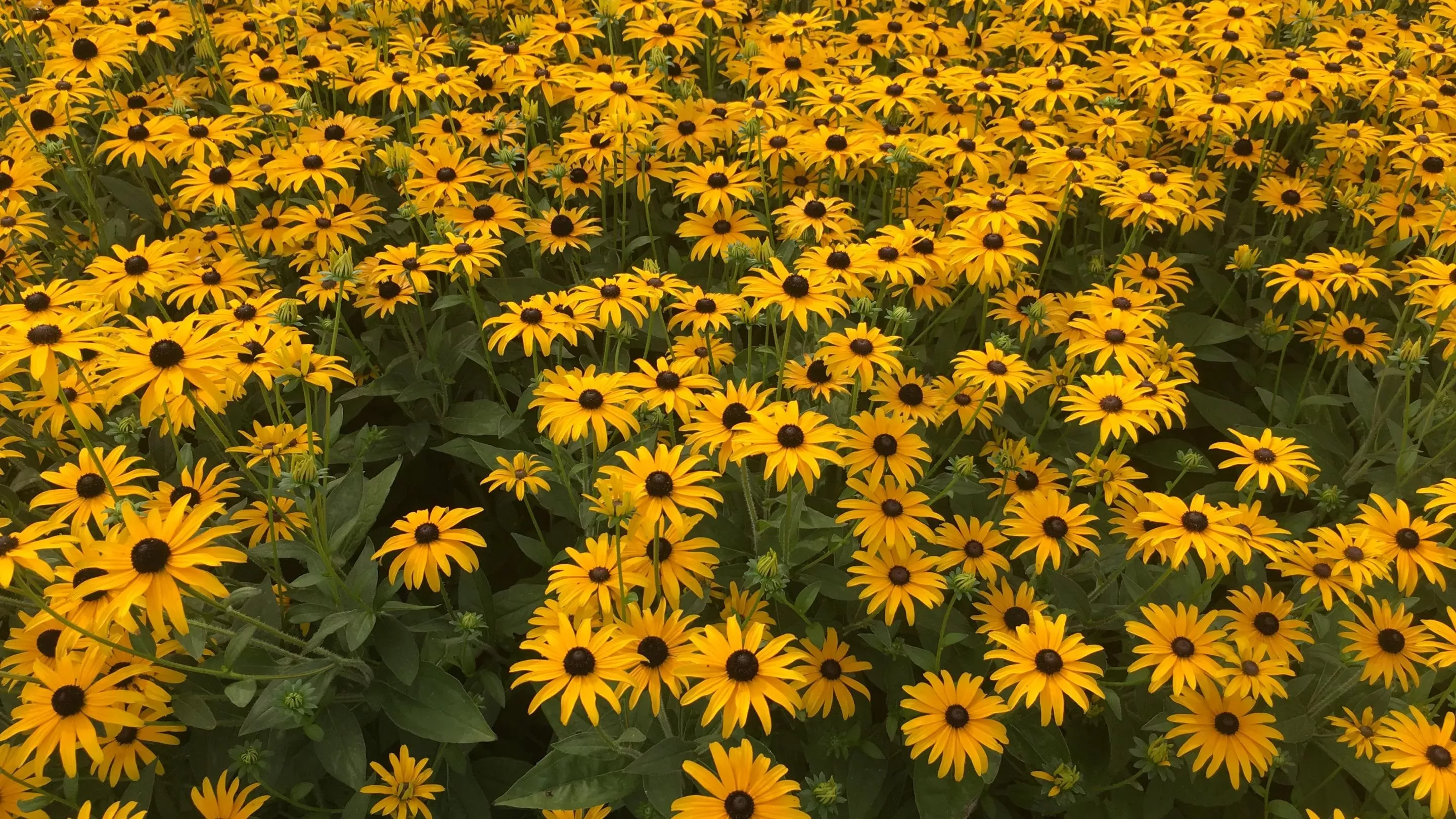

Daisies (Asteraceae)
You never go out of style. Members of Asteraceae have a classic daisy look that makes them easy to spot: think sunflowers, dandelions and echinacea.
You're a sunny personality with bags of self-confidence. But there’s more to you than meets the eye...
Not many people know that a daisy flower is actually a group of tiny flowers clustered together. You may look like you’ve got it all figured out, but you’ve got hidden depths.
Get a closer look at the daisy family in Kew's Great Broad Walk Borders and Wakehurst’s Bloomers Valley.


Oaks, beeches and chestnuts (Fagaceae)
These tall trees give food and shelter to whole communities of wildlife, as well as sheltering young saplings. In return, the tree's flowers are pollinated, seeds are spread far and wide, and pests are kept in check.
You like to do your bit: you buy second-hand, volunteer in your spare time and help your friends move house.
People look up to you, but you need your loved ones as much as they need you; they make sure you take breaks to sit back and watch the grass grow.
Kew’s Old Lions are some of our biggest and oldest trees. At Wakehurst, discover Wild Wood, our hidden sculpture trail through ancient oak woodland.

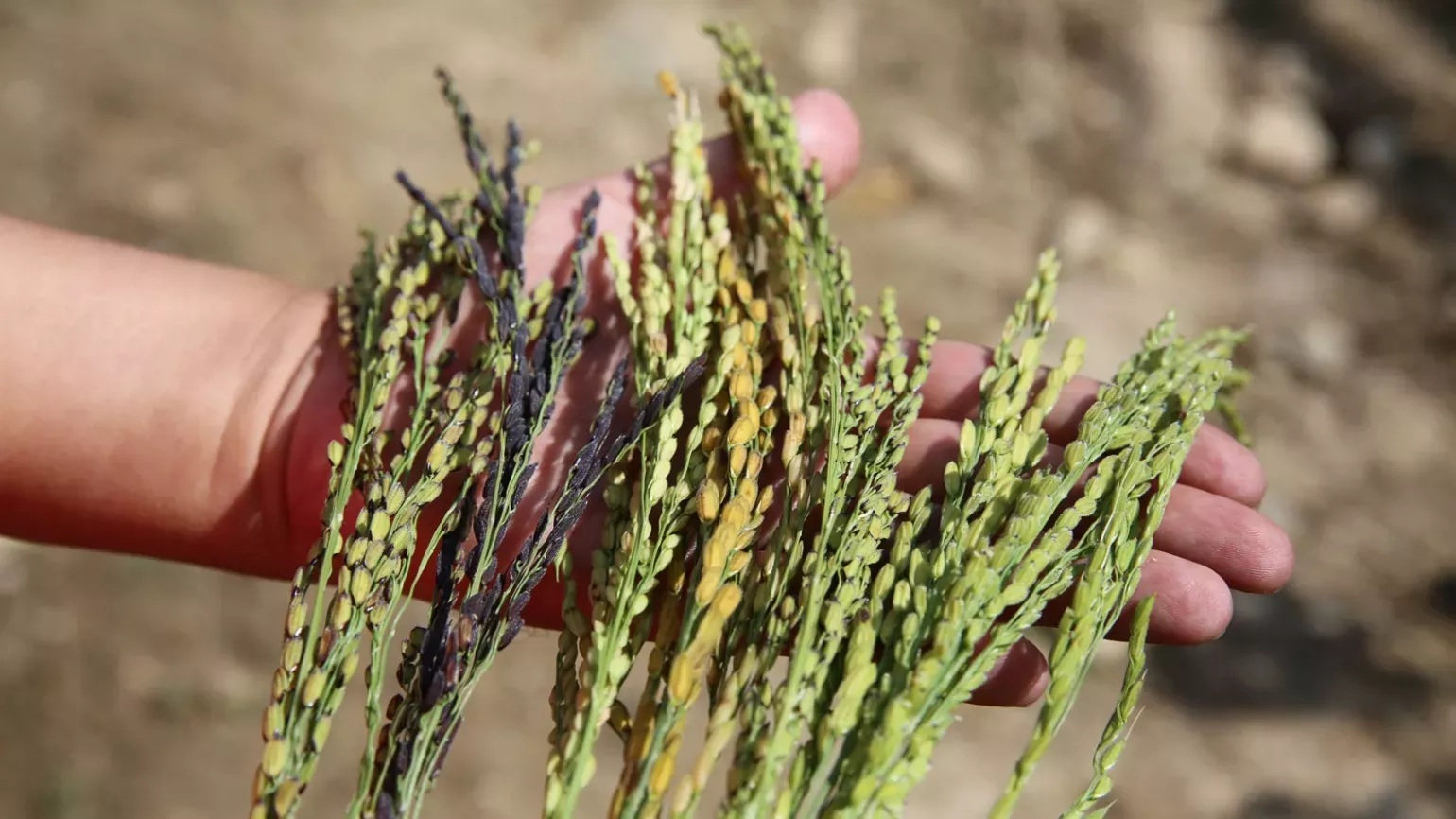
Grasses (Poaceae)
Tough and resilient, grasses roll with the punches of life. They can make the most of almost any environment, from deserts to wetlands to the Arctic.
You’re someone who gets on with the job and doesn’t like a fuss. Just like Poaceae family members wheat, maize and rice, your ability to get along with everyone makes you indispensable.
Your truest admirers love to see you flourishing in a sunny meadow: not just surviving, but thriving.
Head to Kew's Grass Garden and Wakehurst’s American Prairie or Coronation Meadow to watch our grasses thrive.


Stonecrops (Crassulaceae)
You’re a night owl. Most plants ‘breathe in’ carbon dioxide and ‘breathe out’ oxygen during the day, as part of photosynthesis. The Crassulaceae family were the first plants observed to only ‘breathe’ at night.
They live in dry environments, so this means they don’t lose water by opening their pores in the daytime.
You’re at your best after the sun goes down and everyone is into your quirky aesthetic, like jade plants and houseleeks that decorate living rooms around the world.
You give the best birthday presents: jade plants are easy to propagate and hand out as gifts, which has earned them the nickname of ‘friendship trees’.
Make friends with Kew's succulent collection in our Rock Garden and Arid Collection.
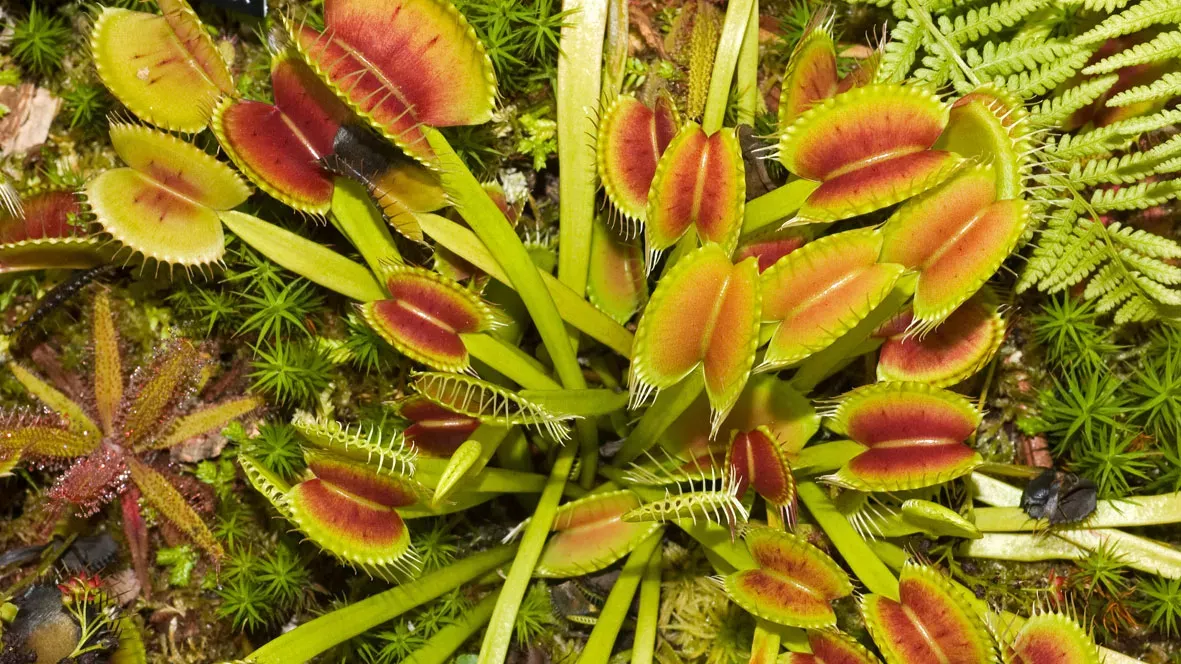

Sundews (Droseraceae)
You’re an inventive genius. To survive in nutrient-poor soil, the Droseraceae family got creative and became carnivorous, catching insects for food.
From your perspective, you’re just doing what it takes to get by – but like a Venus flytrap, people find you fascinating. Don’t sell yourself short: your imagination means you can thrive where others can’t.
On the weekends you can be found pottering around, making tasty soup out of vegetable offcuts or turning old flip-flops into furniture.
Get up close with Kew's Carnivorous Plant Collection in the Princess of Wales Conservatory.


Sphagnum moss (Sphagnaceae)
Sphagnaceae members march to the beat of their own drum. The only genus in its family, sphagnum moss can hold amazing amounts of water in its cells: up to 26 times its dry weight. As it spreads, it makes dry environments more habitable for other plants.
You’re a natural leader with a knack for finding the next big thing before anyone else. But you’re not trying to be a trendsetter: you aren’t really bothered about fitting in.
You’re also great at keeping secrets: as sphagnum moss builds up over time, it creates peat bogs which lock away carbon from our atmosphere and can also hide grisly discoveries.
Find out more about moss or visit Wakehurst's Bog Garden.


Welwitschias (Welwitschiaceae)
You like the simple life.
The only living species in its family, Welwitschia mirabilis is a ‘living fossil’ thought to date back to the Jurassic period.
It only has two leaves and can live for up to 2000 years, surviving in the harsh Namib Desert by absorbing moisture from sea fog.
A traditionalist with well-stocked bookshelves, you prefer a long phone call or a letter over sending a text message. You’ve never seen the point of social media: why look at a photo of a plant when you could go outside and see a real one?
See our collection of unique desert plants at Kew Gardens in the Arid Collection.


